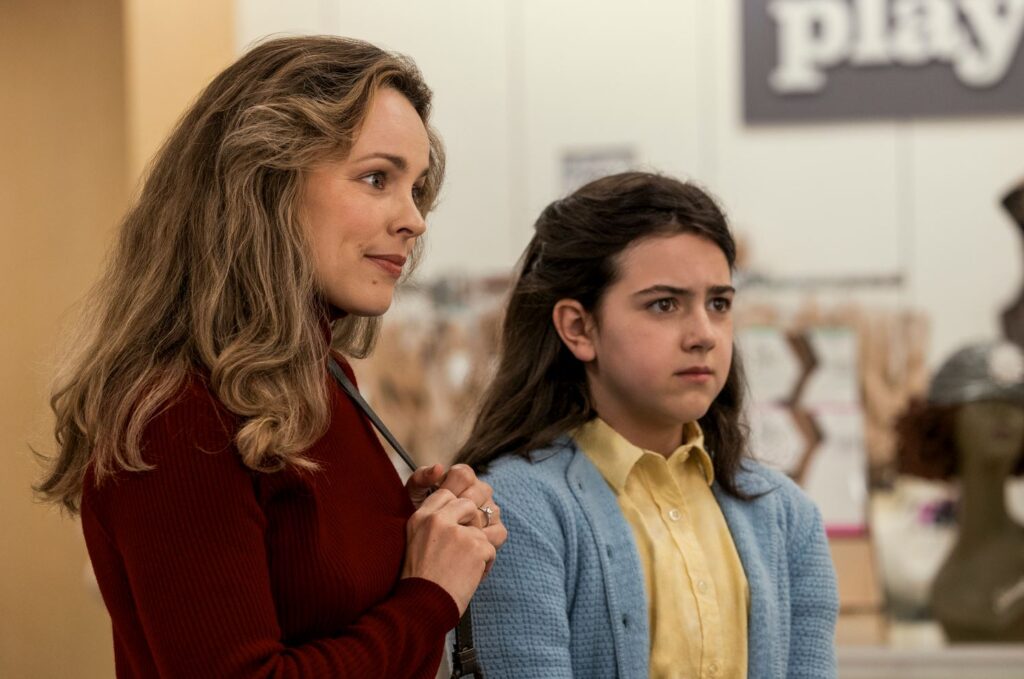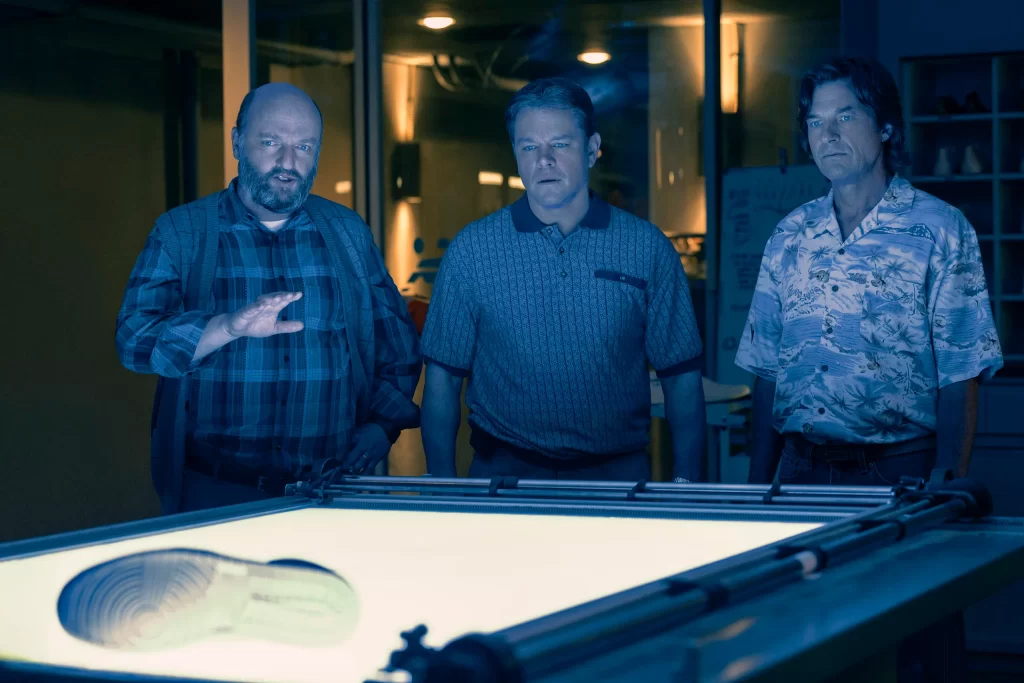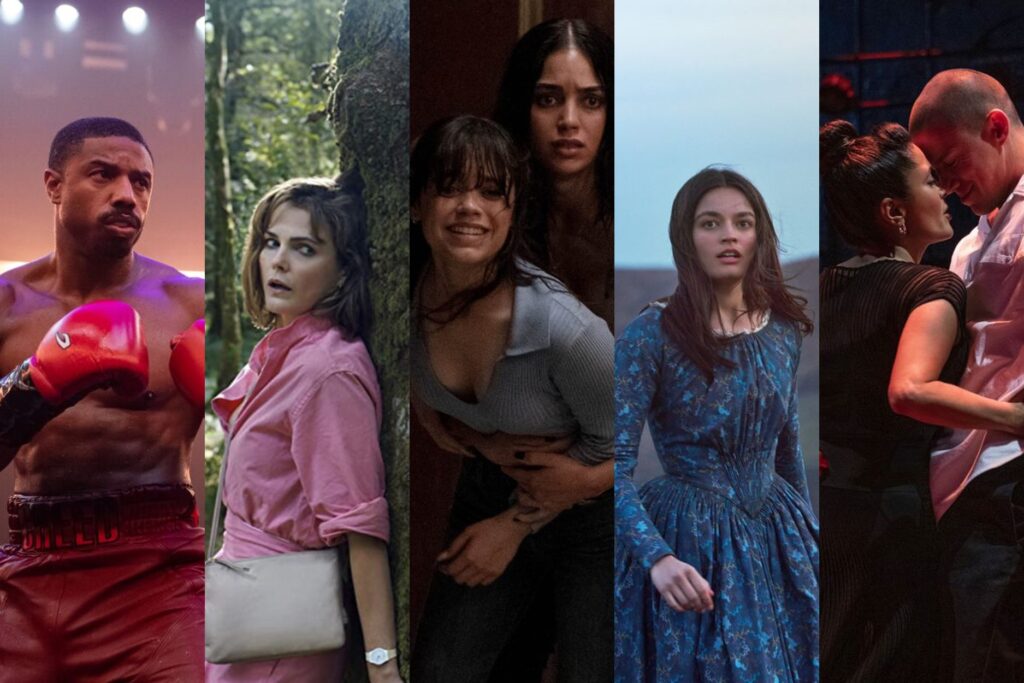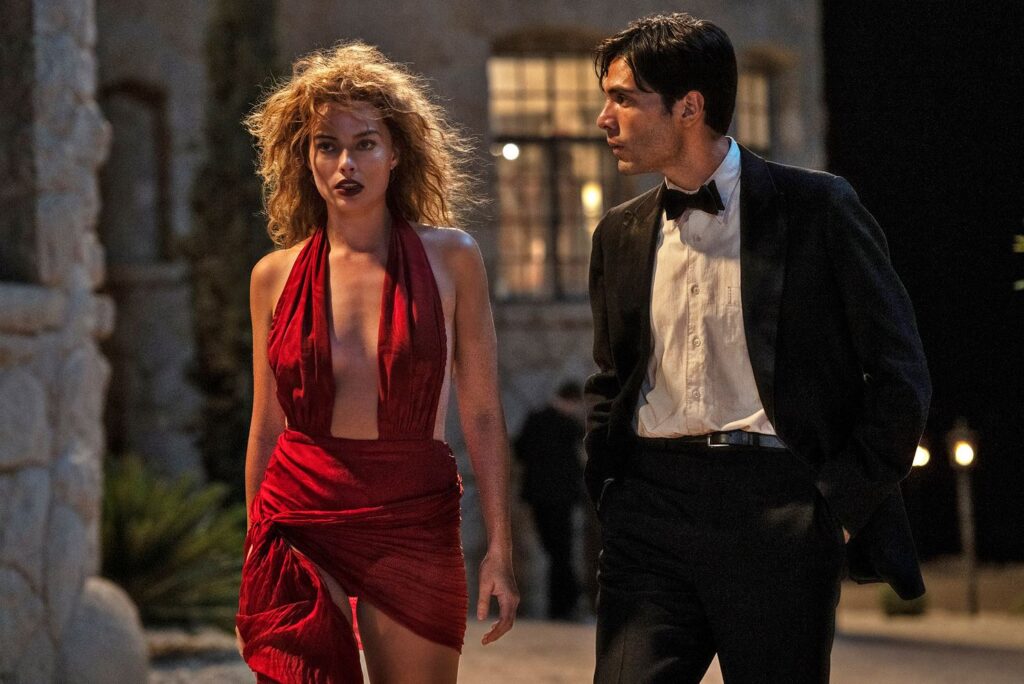BlackBerry: Game of Phones
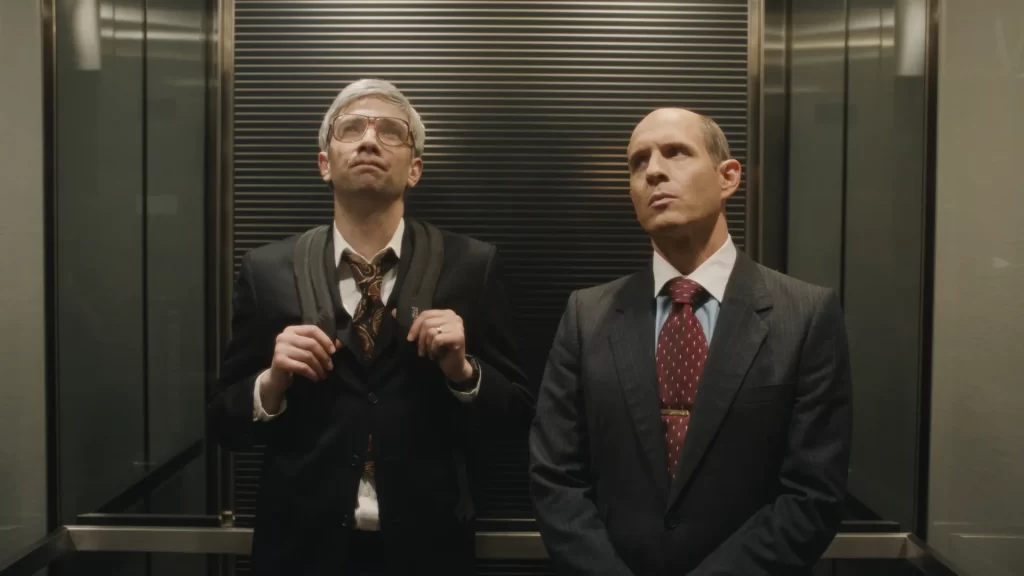
The very last thing you hear in BlackBerry—I promise I’m not spoiling anything—is the high-pitched whine of a dial-up modem connecting to the internet. To younger viewers, it’ll sound like an atonal clash of beeps and hisses, but for folks of a certain age, it’ll instantly transport you (OK, me) back to the mid-’90s: that nascent online era of Napster, Geocities, and Netscape Navigator. Directed by Matt Johnson from a script he wrote with Matthew Miller, BlackBerry isn’t purely a nostalgia piece, but an undeniable part of its appeal lies in its authentic evocation of a time when the worldwide web was a vast electronic frontier, full of hope and possibility. We had no clue what the internet might become, which meant it could become absolutely anything.
It turned into a lot of things, including (from an entrepreneurship perspective) a breeding ground for false promises, egomaniacal puffery, and unrealized dreams. Anyone could conceive of anything; the question was whether they could actually make and sell it. This inherent tension between imagination and execution—the challenge of transmuting far-flung ideas into actionable results—is familiar ground for storytelling, and BlackBerry’s tech-bubble saga of success and failure occupies well-trod territory. (The book it’s based on, by Jacquie McNish and Sean Silcoff, literally includes the phrase “extraordinary rise and spectacular fall” in its subtitle.) What makes the movie entertaining, aside from its irresistible contrast in personalities, is its bountiful specificity. It opens in 1996 Ontario and occasionally feels like it was actually shot then and there—less a modern docudrama than a magic portal into a time and place of wheezing hatchbacks, wanly lit offices, and first-person shooters. Read More

